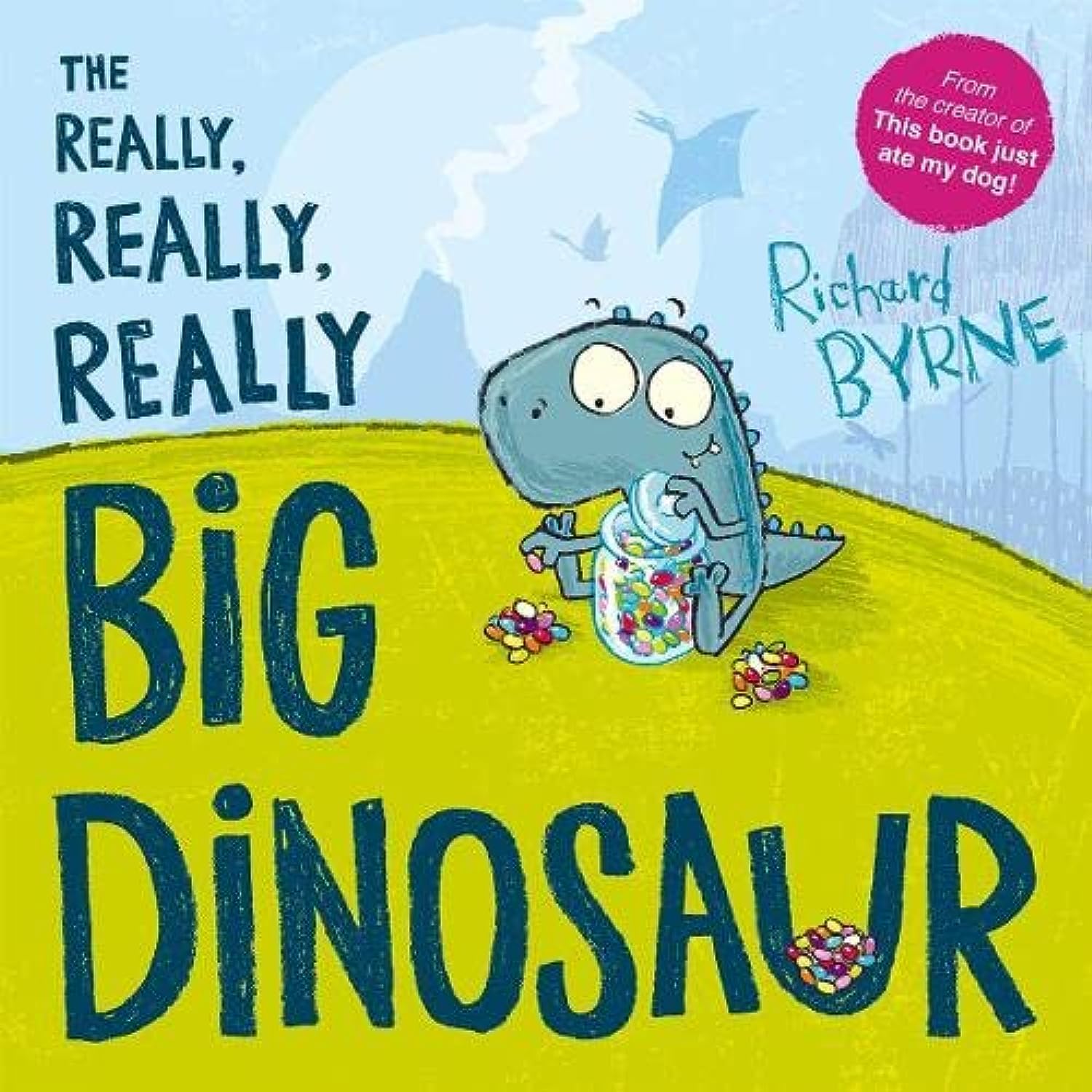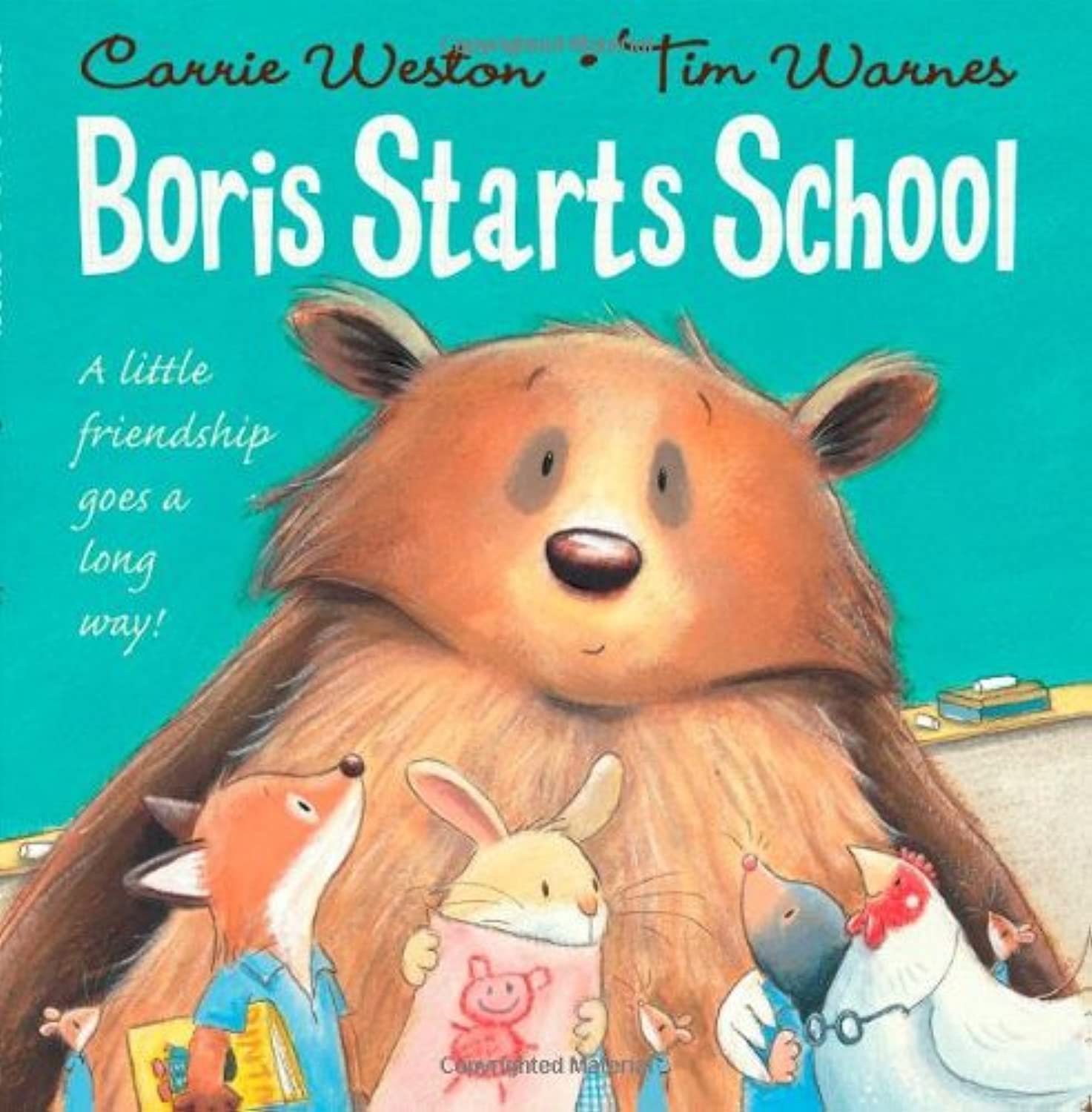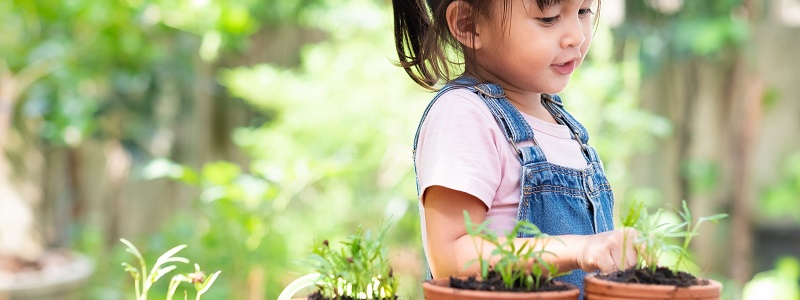Healthy, happy me!
As part of this pathway, uncover books and activities to explore healthy eating and think about emotions, before reflecting on starting school, resilience and team work.
Curriculum Background
The first pathway in the app (Healthy, Happy Me!) is linked to a key or ‘prime’ area of the Early Years Curriculum – Personal, Social and Emotional Development.
The ‘prime areas’ are the foundations for all the other learning that takes place in the early years. They cover the most important developmental skills your child needs to access learning in all areas of the curriculum. Personal, Social and Emotional Development is about helping your child become confident in managing themselves and their experiences, handling their feelings, making friends, knowing what a healthy diet looks like, and becoming increasingly independent and responsible as they grow.
The books and learning activities in ‘Healthy, happy me’ support your little one to understand how to stay physically and mentally healthy and well.
What’s in the Pathway?
- There are six books to read, listen to, and talk about:
-
- The pathway starts by exploring healthy eating options, with a book on “Fruits”
- This is followed by a similar book on “Vegetables”. These books help you and your child talk about and identify foods that are good for them to eat.
- The next book encourages your child to think about their emotions, singing along with the song “You are my Sunshine”. Talk with your child about why we say someone is our “sunshine” and what this means. Identify the words in the song that describe emotions, such as ‘happy’ and ‘love’.
- Next is a story about “The Really Really Really Big Dinosaur”, exploring feelings and friendships. In the story, Finlay offers to share some sweets but the big dinosaur wants them all. This story includes vocabulary about emotions and about friendship, such as “rude”, “bravely”, “cross” and “sharing”. Talk with your child about what these feelings look and feel like, and why it is so important to share.
- After this is “Boris Starts School”, a book which helps your child reflect on their feelings about starting school and understand the best ways to make friends. Talk with your child about how they feel about going to school, any worries they have, and how they might resolve these.
- Finally, is “Boris Goes Camping”, in which animal characters show resilience and work as a team. Talk with your child about the importance of team work and cooperation, and how we can solve problems and build friendships.
- The songs and stories in this Pathway are interspersed with a range of fun literacy and maths activities. In this first World, the activities focus on hearing and learning the letter ‘a’ and spelling simple words from the books. After listening to “The Really Really Really Big Dinosaur” your child will identify the biggest items in different sets.
- In the Pathway there are also creative activities to complete, where your child can paint ‘magic’ pictures with their finger and do a ‘dance off’ with the story characters. Dance along with your child when they do their ‘dance off’, encouraging them and showing that adults need to stay active as well!
Please note: Within the app we focus on the first few letters of the alphabet, to get your child used to the idea that letters make sounds, and that it is fun to learn their letter shapes. When your child starts school, they will learn to read and write all the letters of the alphabet, but in a different order, linked to the school’s phonics/reading scheme. Most phonics schemes start with the letters ‘s, a, t, p, i, n’.
Books from the app
You can buy some of the amazing picture books from the app below, so you can read them offline too. Or, explore some new titles together with our books to encourage social and emotional development!
The Really, Really, Really Big Dinosaur
Richard Byrne
Finlay (a little dinosaur) is counting out jelly beans to share with his friend. He is sitting on a grassy mound. A big dinosaur comes along and demands the jelly beans. He is rather rude, a bit of a show-off, and he thinks that Finlay’s friend is a figment of his imagination. What follows is a lot of posturing from the big dinosaur as he attempts to prove his worth with various antics on and around the grassy mound. As the book progresses it will gradually become clear to the reader that the ‘grassy mound’ is in fact, Finlay’s friend, the really, really, really big dinosaur! The big dinosaur certainly doesn’t realize until his bravado propels him into a dark cave that turns out to be the mouth of the really, really, really big dinosaur. It’s only then that the big dinosaur learns that in order to make friends it’s a good idea not to show off and it’s a good idea to be prepared to share.
Boris Starts School
Carrie Weston and Tim Warnes
When Miss Cluck tells her little pupils that there is going to be a new animal in their class, they are all very excited. In fact, there are squeals of delight. Nobody expects the new animal to be a grizzly bear!
So, when a rather bashful Boris enters the room, Leticia the rabbit, Fergus the fox cub, Maxwell the mole, and the little mice . . . scream! Boris is upset. He doesn’t mean to be scary. He just wants to make friends.
Activities for you to do at home
- Prepare a fruit salad with your child, inspired by the interactive book on “Fruits”. Help your child learn food safety, by showing them how to carefully wash their hands. Get your child to help you chop with a safe plastic knife, using soft fruits, such as strawberries or melon, to make it easy and supervising your child as they cut the fruits into pieces. Talk about the names, colours and textures of the fruits, and count the pieces of fruit as you put them into the bowl.
- Talk with your child about their feelings. Spot when your child experiences a particular emotion, and help them identify what it is called and how it feels. Use open-ended questions, supporting your child to develop their thinking. For instance, say, “I think you might be feeling puzzled, because you are looking confused and scrunching up your face. Do you have a question I can help answer?”
- When sharing books, encourage your child to develop empathy, by talking about how different characters in a story feel. This supports your child to develop interpersonal skills, thinking about how their behaviours impact on other people. Encourage your child to identify their favourite things, for instance a favourite book or a favourite character, talking about why they like certain things the most.


